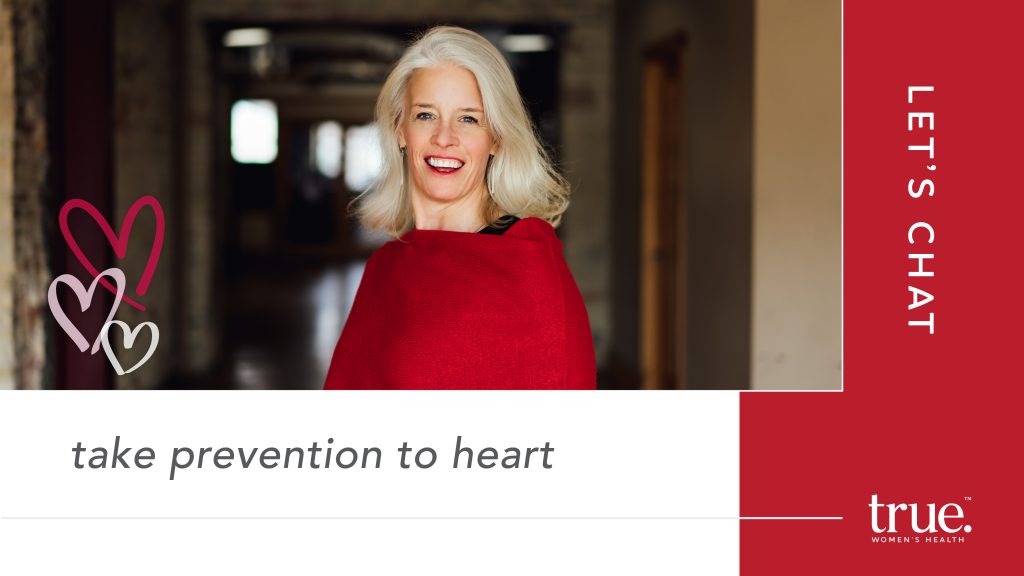Top 5 Heart Disease Prevention Tips For Women – Dr. Bitner
Fact: Heart disease is the number one killer of women and kills one in three women each year! Another scary fact is that heart disease is silent until it’s NOT! When you start experiencing chest pain and shortness of breath, the blockage has already occurred, and it’s too late to turn back the clock. I hate to be a Negative Nelly, but I want all women to understand how important it is to know the facts about heart disease, especially as it relates to women.
However, the good news is that heart disease is preventable! I tell my patients (and friends) this all the time because it’s so important for them to know and understand—so they don’t end up a statistic. When I ask my patients what they want out of life, no one ever says, “Well, I want a heart attack at age 61.” Instead, many of them say, “I want to be fit, strong, healthy, and living my best life!” I’m quite sure lying on a stretcher in the ER, experiencing chest pain, does NOT fit their vision of living their best life.
I want to be one of those doctors who show women it is possible to age with healthy and clean blood vessels. And, I’m going to show you how it’s done right here in this blog!
Two signs of heart disease
Let’s start by looking at two signs of heart disease—signs that show it’s time to make some changes to your lifestyle:
- Belly fat—Belly fat is the Siberia of fat deposits, and it does two things: (1) Belly fat drives insulin resistance, and (2) Belly fat predicts high inflammatory markers in the blood, such as C-Reactive Protein (CRP). Unfortunately, CRP is a clear marker for heart disease. Also, belly fat is selfish: It wants to grow by making your body crave sugar and then quickly pulling any ingested sugar out of the blood. These cravings are often worse before your period or in menopause because low estrogen makes belly fat crave even more sugar. It’s a vicious cycle because once your belly fat gets going, it’s hard to stop!
- Chin hairs—Yes, you read that correctly; chin hair is a sign of heart disease! Many of my patients are surprised when I tell them about the connection, but it actually makes perfect sense. When we start gaining fat in the belly, we store hormones in the fat cells, and the excess is converted to testosterone, which can stimulate hair growth in areas like the chin.
When we add the more silent markers of heart disease, such as high blood pressure, average high blood sugars, sleep deprivation, and even mild depression, the risk of developing heart disease increases. Everything we do at midlife predicts how healthy we might be at 80. Want to learn more about belly fat and chin hair in menopause? Please read our blog here!
So, what do you need to know about your risk of developing heart disease and how you can lower that risk? A lot, actually!
Calculating your risk
As a patient at true. Women’s Health, we calculate your risk by looking at several important factors:
- Reynolds Risk Score—This test helps predict your risk of having a future heart attack in the next ten years. It’s a gender-specific test, which is important when looking at heart disease in women versus men.
- C-Reactive Protein (CRP)—We take a blood draw to determine your CRP level and check for inflammation.
- Family History—This is so important! You should know your family history as much as possible because many factors can help determine your risk for a heart attack.
- Atherosclerotic cardiovascular disease (ASCVD) Score—This test looks at your cholesterol, blood pressure, and other things to help determine your heart disease risk.
- Coronary artery calcium (CAC Score)—This is a test that measures the amount of calcium in the walls of your heart’s arteries.
At true., we look at all of your test results and your family history details to determine your risk of developing heart disease. And then, we help you develop a plan to decrease your risk and live your best life.
So, besides becoming a patient at true. Women’s Health, what else can you do to lower your risk of heart disease? Check out the tips below!
Five tips for preventing heart disease:
- Make your intention clear: What is your Picture of Self? (POS). Ask yourself how you want to look at a specific event in your future. This helps you stay motivated to keep your intention!
- Know your family history! I can’t stress this one enough! This is so important in helping you predict your risk of heart disease.
- Know your A1C—Sugar is one of the root causes of heart disease! Your A1C is a measurement of your average blood sugar over the last three months, at true. Women’s Health, we check your A1C on your first visit!
- Only have one simple carb or treat per day and track it. Simple carbs include things like white rice, white potatoes, cookies, etc. As a true. patient, you have access to our App, where you track your daily eating habits and all your SEEDS® every day! Check out our website, where you can also download our free SEEDS® ebook that provides tons of information on healthy habits you can incorporate into your day.
- Add complex carbs to your diet; if needed, get a nutrition coach! Complex carbs have color—brown rice, sweet potatoes, oatmeal, butternut squash, etc. Make an effort to stay away from all carbs after 4:00 p.m., so try to incorporate them into your breakfast or lunch. I like to recommend the book “Sugar Busters!” to help people understand the difference between good and bad carbs. A nutrition coach can also help you make the dietary changes necessary to living a healthier lifestyle—all true. Women’s Health patients have access to our amazing chef and nutrition coach, Anna Pietrangelo!
Five things to ask your healthcare provider:
It’s also important to know the right questions to ask when you see your doctor, whether it’s for your annual checkup or because you’re not feeling well. Check out these important questions, so you are well informed when you walk through the door!
- What is my risk of heart disease?
- What is my phase of ovarian aging?
- If my risk of heart disease is elevated, why?
- How does Hormone Replacement Therapy (HRT) affect my risk for heart disease? Important note: HRT can be beneficial for reducing the risk of heart attack, stroke, and dementia if started at the right time. (within the first six years of menopause).
- Have I had the necessary tests to understand my risk? What about the Coronary Artery Calcification (CAC), Reynolds Risk, and Atherosclerotic Cardiovascular Disease (ASCVD) tests?
If you aren’t getting the answers you need, it might be time to find a new healthcare provider who is better informed and will be able to answer all your questions about heart disease and your personal risk factors. Go to menopause.org to find a Certified Menopause Practitioner (CMP) in your area who can help!

